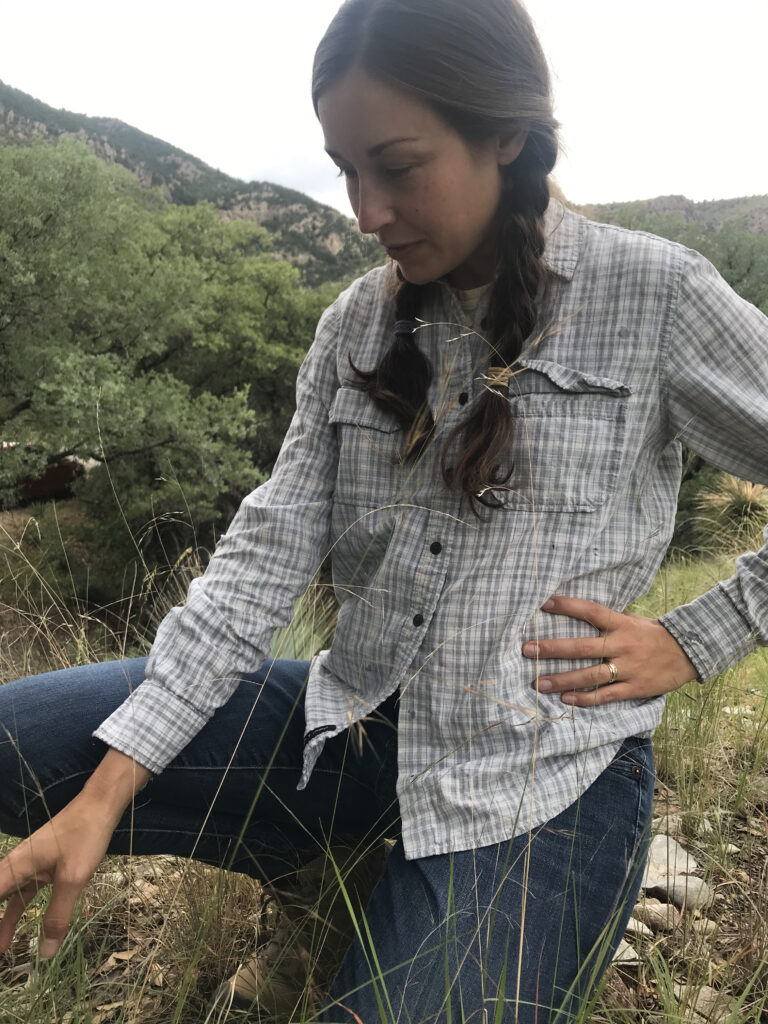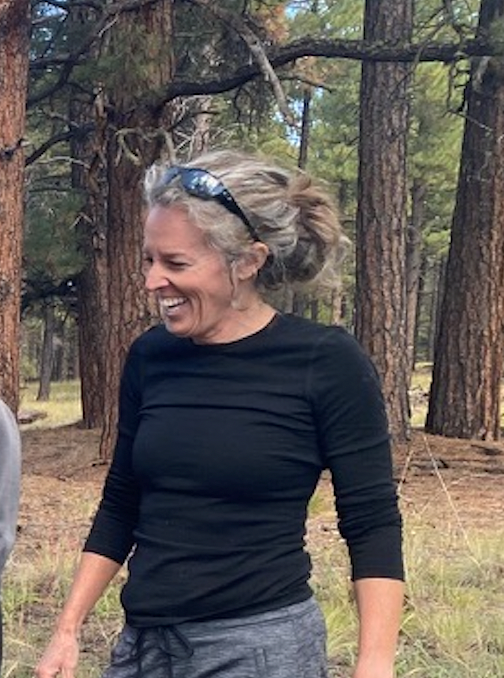
Invasive species that alter ecosystem structure and function (i.e., “foundational invaders”) are among the primary threats to Threatened and Endangered (T&E) species, particularly on oceanic islands. Department of Defense (DoD) installations on islands are critical to the U.S. military mission and often contain high numbers of T&E species, protected by installation fences from habitat loss, herbivory, and direct exploitation. Charged with simultaneously carrying out training and military readiness activities and protecting federally listed species, installation managers must select and implement invasive species controls that are effective, efficient, and minimize non-target impacts. The objective of this project is to address Statement of Need #RCSON-23-C1 and advance scientific understanding of the changes in distribution, abundance, and population dynamics of invasive species, and their potential foreseeable impacts to military readiness as a result of changes to threatened and endangered species and species at risk. Specifically, the project team aims to use an existing array of invasive species manage/no management plots in the largest DoD installation in Hawaii (Pōhakuloa Training Area [PTA] on Hawai’i Island) to evaluate the impacts of two invasive foundational plant species on six T&E plant species, both currently and within a context of future projected climate change; assess the impact of existing control measures on both focal invaders and T&E species; project future T&E species population trajectories given feedbacks with invaders under various control method scenarios; and develop decision-support guidance for DoD managers selecting invasive species control protocols while adjusting for T&E species requirements and climate change. This work builds on the five-year, recently completed, SERDP-funded study of endangered plant species responses to invasive predators at PTA.
Journal Articles
Coming soon
Principal Investigators

Clare Aslan (she/her)
Associate Director and Associate Professor, School of Earth and Sustainability
Co-Director, Center for Adaptable Western Landscapes, Northern Arizona University
Dr. Clare Aslan is a community ecologist and conservation biologist, interested in the ecology and conservation of species interactions and how dynamics at the interaction level can scale up to the full community level. She is passionate about solutions-oriented research. Dr. Aslan’s research interests include the community implications of species interaction disruption via climate change and biological invasions, as well as the effects of environmental change on coupled natural-human systems. Clare obtained her PhD from the University of California, Davis, and completed a Smith Conservation Postdoctoral Fellowship at the University of California-Santa Cruz.
Co-Principal Investigators

Sara Souther (she/her)
Assistant Research Professor, School of Earth and Sustainability
Core member, Center for Adaptable Western Landscapes, Northern Arizona University
Key research themes: Plant population ecology, ethnobotany/Traditional Ecological Knowledge (TEK), global change biology
Dr. Souther is a plant ecologist and conservation biologist, who studies the structure and dynamics of human-environment interactions. Dr. Souther uses a variety of tools, including demographic and spatial modeling, experimental plantings and common garden construction, and innovative statistical analysis to identify behaviors or management structures that promote resilient ecosystems. The long-term mission of this multidisciplinary and collaborative work is to provide information to conserve ecological systems, as well as the diversity of human interactions with these systems, in a time of rapid anthropogenic change.

Karen Haubensak (she/her)
Associate Research Professor, Department of Biological Sciences
Center for Adaptable Western Landscapes, Northern Arizona University
Karen is a terrestrial biologist interested in how species interact in communities and ecosystems. She is particularly interested in practical questions about restoration success in challenging environments.
